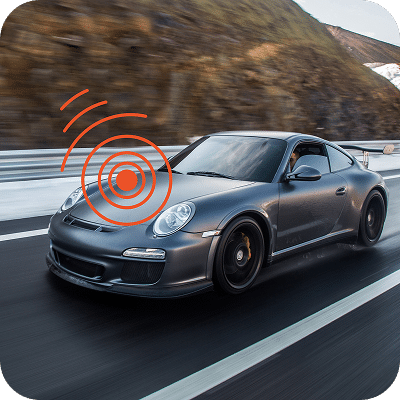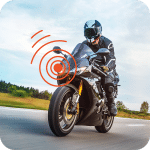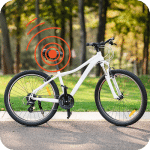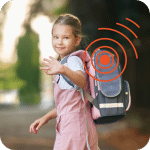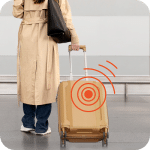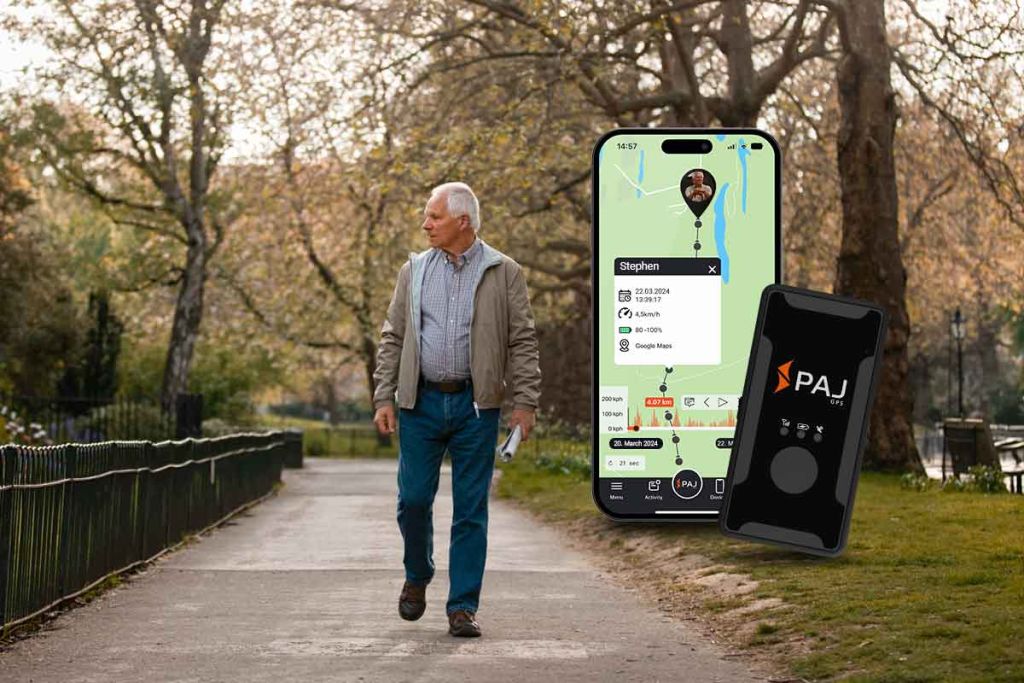GPS for Confronting Dementia
The projected growth in the population of Americans aged 65 and above is expected to expand from 58 million in 2022 to 82 million by 2050, marking a 47% increase. It will create challenges as demand for care increases and dependency ratios change.
Furthermore, with increasing life expectancy, senile dementia and Alzheimer’s disease are on the rise. These diseases can affect both the elderly and the young. Unfortunately, diseases are just not linked to aging.
According to Columbia University research, almost 10% of U.S. adults ages 65 and older have dementia, while another 22% have mild cognitive impairment. This neurodegenerative disease affects more than 30 million people globally.
Pathological changes in neurons cause cognitive deterioration over time, even if symptoms are initially subtle. Dementia is a neurocognitive disorder that affects the old, causing deterioration of mental capabilities, memory, thinking, and social skills.
Although different, Alzheimer’s disease is the principal cause of dementia, and there is a close relationship between them. People affected by these diseases require attention and care, a growing concern in a world with smaller families.
GPS for people with dementia: a tool that can improve the lives of patients with dementia or Alzheimer’s
There are several socioeconomic reasons behind this trend. But we cannot ignore the fact that these problems have new-age solutions with the help of technology. In developed countries, there are specialized homes for people with dementia, focusing on mental well-being and safe, welcoming environments.
However, some people with mild dementia still live at home and lead relatively ordinary lives. GPS trackers for seniors with dementia can assist caregivers and family members when disoriented or lost.
How does a GPS tracker help people with neurodegenerative diseases?
Let’s see how a GPS tracker helps in the daily lives of these types of patients and how it can improve their social life without compromising their reduced mobility and interaction with others.
One of the problems that most worry caregivers or family members of people with dementia is their mobility. Due to the high risk of getting lost and not being able to find their way home, these patients are often confined to their homes or even locked up. However, studies suggest that social interaction and time spent outdoors may be beneficial in slowing the spread of brain damage. Permanent use of a personal tracker allows them to move around and lead a healthier life.
These devices, typically worn or carried by seniors, enable their location to be monitored at any time. The device receives signals from GPS satellites to determine location coordinates, which caregivers or family members can access through a web portal or application.
Other GPS features: SOS button and virtual borders
GPS for the old has another interesting function. A virtual border can be set around a house. And whenever the person’s tracker crosses that border, family members or caregivers receive an instant notification.
Finding your way back or your location if the person wanders away is another concern when dealing with dementia patients. If they move, memory loss can cause confusion, and may not recognize their way back. And I still hope to end up lost on the street.
Current GPS locators for seniors, such as the PAJ GPS, are equipped with an SOS button for application in emergencies. Pressing this button sends an alert to predefined important contacts, potentially including caregivers or family members. These contacts can then take appropriate actions, such as contacting emergency services or providing immediate assistance. This feature ensures that even when seniors are not under active supervision, they have the means to signal for help, thereby facilitating timely medical intervention when necessary.
It is crucial to know that, to use these GPS devices with seniors, there must be clear consent from the person concerned. However, in some cases, a family power of attorney may be sufficient. It’s good to know that there are technologies that can improve the quality of life of people suffering from this disease.
